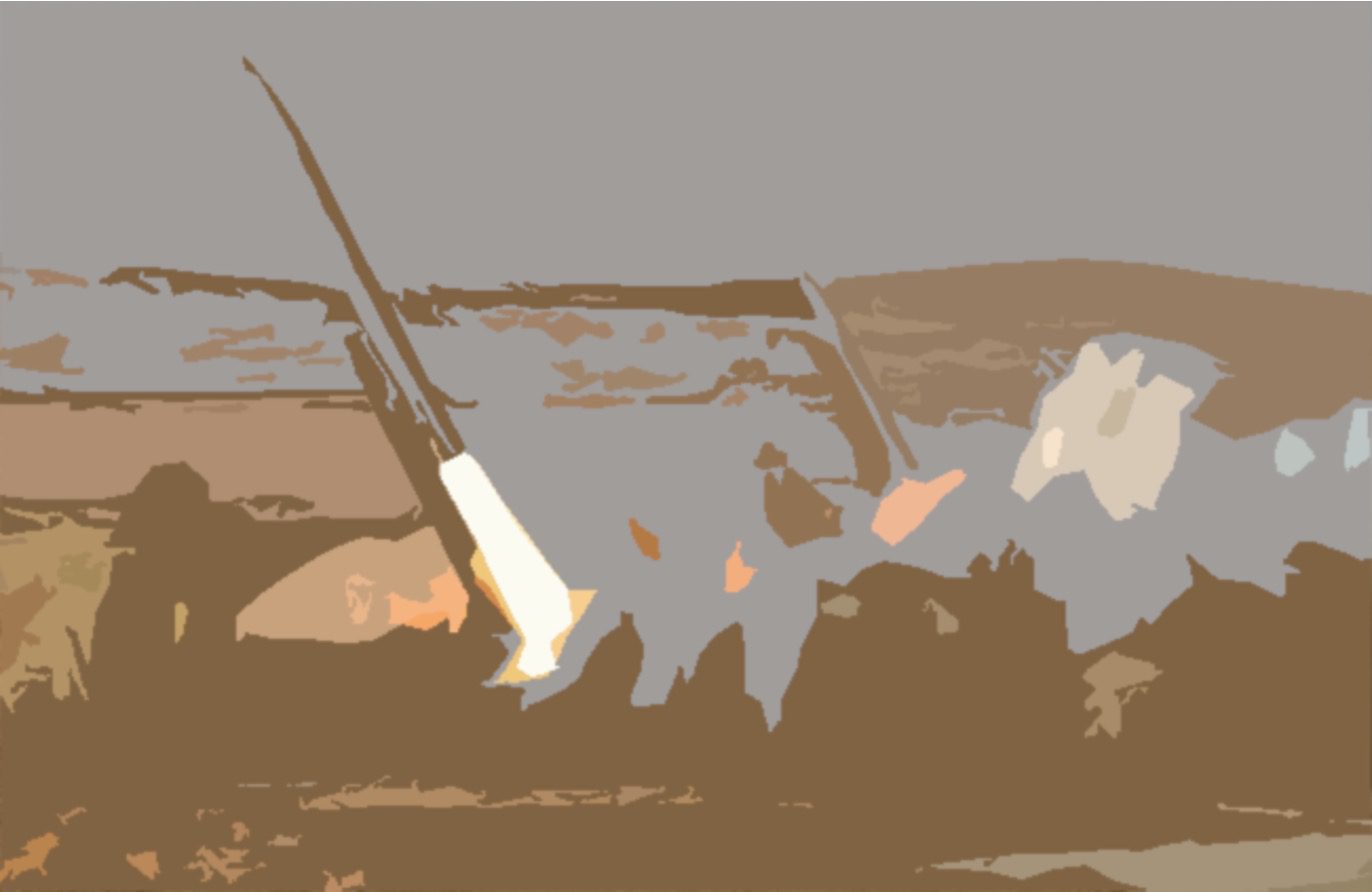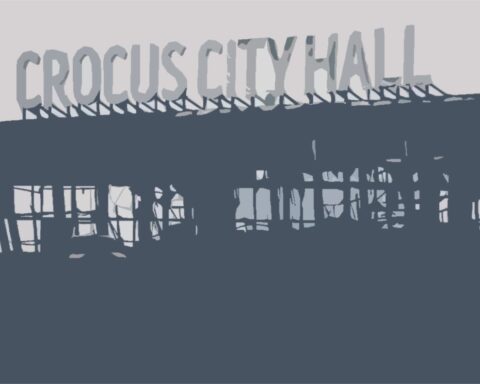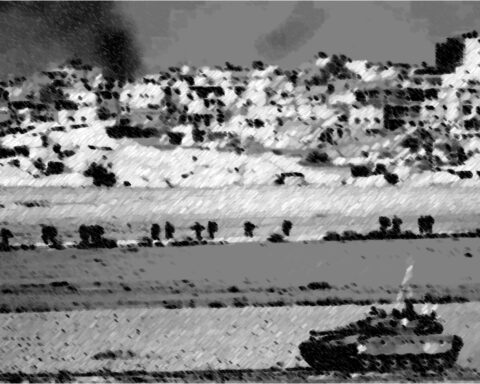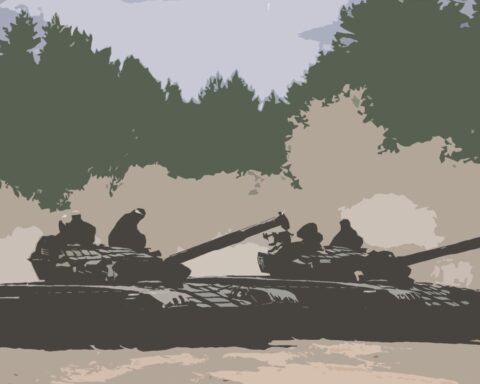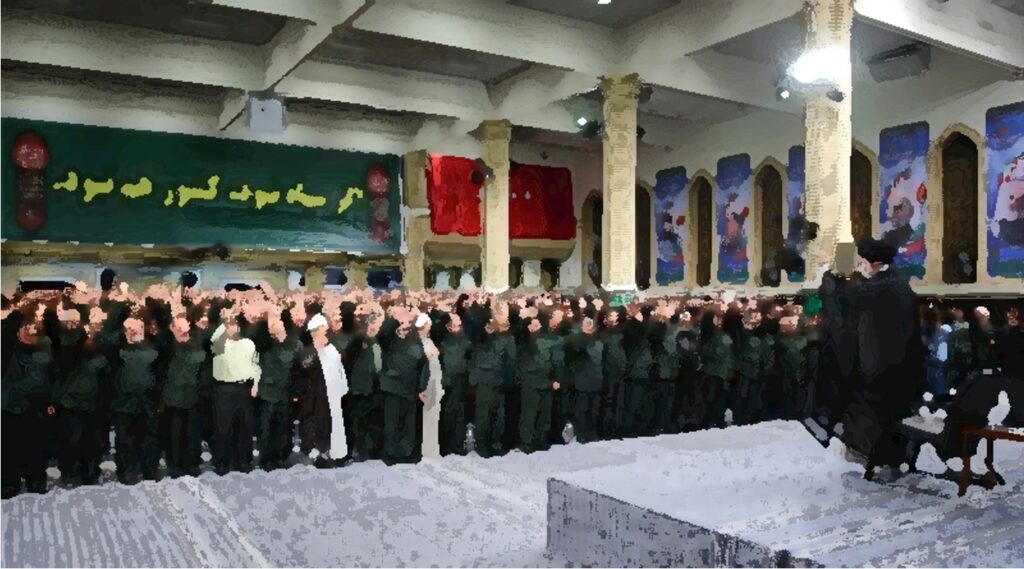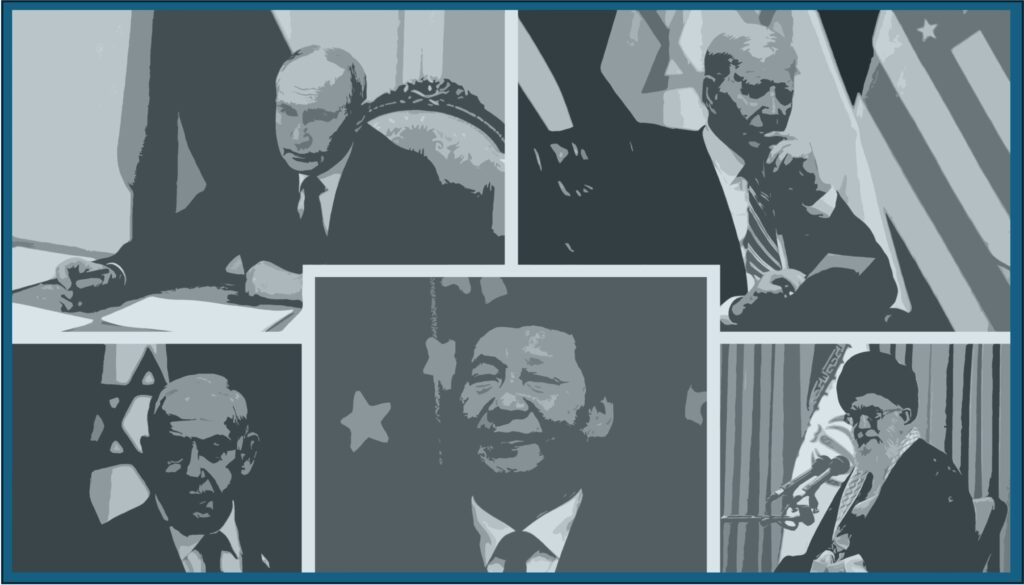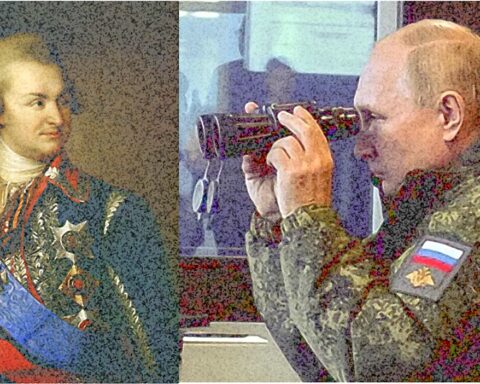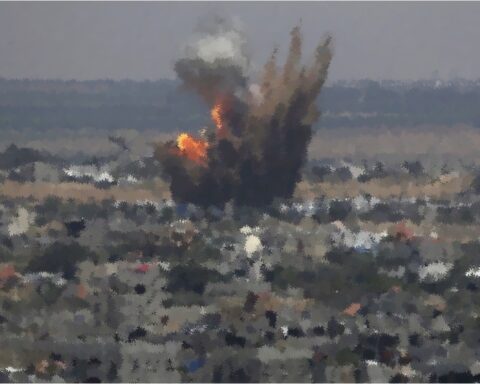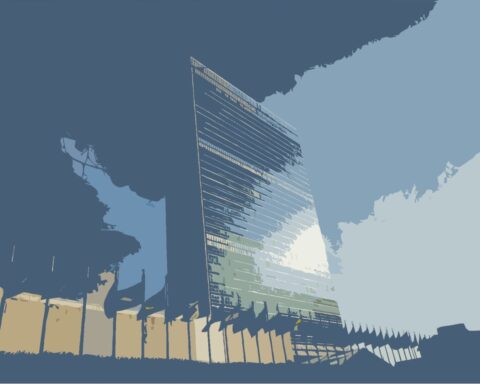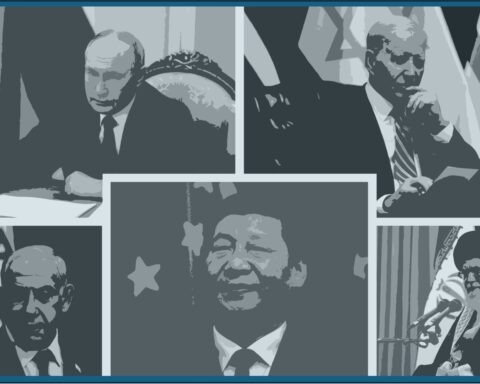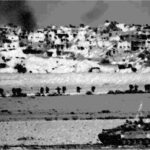We are in a period where Iran is on the agenda. Even when we consider Iran’s situation in the last three months in the Middle East, where complex relationships with multiple sides and depths are concentrated, we can notice many complex situations.
So many sentences are being constructed about Iran! From the Iranian Islamic Revolution, the Iran-Iraq War, oil embargoes, commercial sanctions, tanker traffic in Basra, nuclear weapons production, sectarian expansionism and the Proxy Wars carried out in connection with it, from the Axis of Resistance, Iran’s constant state of mutual warfare with the USA and Israel, close relations with Russia and China, trade, technology, and arms exchange with these countries, to the energy and trade geopolitics extending to the Caucasus, the Eastern Mediterranean, and the Red Sea, Iran has always been a topic in our discussions about regional politics. So, where does Iran stand in all of this? Various opinions are put forward here.
Today, we are faced with an Iran-centric situation again. First, let’s note this: The USA and Israel see Iran as an “enemy,” as written in their national strategy documents. Likewise, Iran indicates the USA and Israel as “enemies” in its statements. Iran is still an enemy of the USA and is close to Russia and China. It seems that Iran is very close to producing nuclear weapons. The basic policy of Iran is to develop its goals with indirect but hard-power-based methods (such as Proxy War) without coming into military confrontation with the USA and Israel.
Let me remind you of some events that happened in approximately the last 100 days. Iran-backed Hamas attacked Israel. To prevent the spread of Israel’s war, the USA deployed its navy and additional airpower to the region. The US military presence is for deterrence in the Eastern Mediterranean, the Red Sea, Basra, the Indian Ocean… Along with the USA, the British Royal Navy supports Israel. The UK uses its military bases in Cyprus. Intelligence-reconnaissance-surveillance activities in the Middle East are ongoing non-stop. The USA and the UK provide intelligence support to Israel. The USA reinforced CENTCOM. The US force in the region is approximately 20,000 soldiers, 3 aircraft carriers, 20 pieces of surface and submarine fleet. The US force includes various modern weapons from F-35s to Tomahawk cruise missiles. The USA provided billions of dollars in weapons and ammunition support to Israel. American C-17s transported ammunition to Israel. The USA provided Israel with various modern weapons, including bunker buster munitions. Organizations within the Iran-linked Resistance Axis are operating in Gaza, Lebanon, Syria, Iraq, Yemen… Israel attacked targets of Iran-backed Hezbollah. Iran-backed organizations in Iraq and Syria attacked US forces, and CENTCOM responded. The attacks were carried out with rockets and drones. US air forces and missile defenses retaliated. Iran-backed Houthis are conducting attacks on container ships in the Red Sea, disrupting global trade. Operation Prosperity Guardian was initiated under US leadership. The mission includes the USA, the UK, Bahrain, Canada, Italy, France, the Netherlands, Norway, Seychelles, and Spain. The US-led air force conducted 3 operations against Iran-backed Houthis in Yemen, hitting various targets. The U.S. added the Houthis to the terrorist list. Iran seized a tanker in Basra.
In Kerman, a terrorist act took place at the tomb of IRGC Quds Force Commander Qasem Soleimani, who was killed by the USA in Baghdad, killing and injuring civilians. ISIS claimed the attack in Kerman. Iran carried out attacks in Iraq-Erbil, Syria-Idlib, and Pakistan-Panjgur using ballistic missiles and drones. Iran used 1200 km range ballistic missiles for the first time for this purpose. Iran claimed that the target in Erbil was a Mossad espionage headquarters, in Idlib there were Hay’at Tahrir al-Sham and ISIS-Khorasan elements involved in the Kerman attack. Iran did not inform countries about these attacks. Civilians died in Erbil, which is under the Kurdish Regional Government. Pakistan warned Iran for violating its sovereignty. The Iranian Defense Minister justified the attack as a national necessity and defended their rights. The religious leader Khamenei declared that he gave all the attack orders. Children died in Iran’s Panjgur attack. Iran cited the Jaish ul-Adl terrorist organization as the reason for targeting Panjgur. Iran increased security measures along the Pakistan border and in the Balochistan region…
I can detail these further, but let me repeat, these are the events of approximately the last 3 months. Therefore, it is possible to talk about many thought-provoking topics. Because this is a new situation. At least the US and British navies and the reinforced units are on alert, covering the entire Middle East, almost everyone is indicating that they are fighting terrorism, and some developments with global consequences are taking place. Meanwhile, where are we in the Palestinian cause and the Gaza issue, what is the situation in Israel, you can think about it.
Of course, there are some details. For example, Hezbollah leader Nasrallah in Lebanon, neighboring the Israeli border, and the Iranian leaders in Tehran constantly make high-toned statements about the USA and Israel, but they do not attack them. Especially Iran’s direct attacks are being carried out by groups of their own choosing.
Syria in civil war is in ruins, at least socio-politically. The bad thing is that today Syria is on the verge of division, the rhetoric is developing in this way, and underground work is being done. Just as we saw Iraq divided with a constitution prepared according to US policies, soon a Syria divided with a constitution related to US policies may emerge.
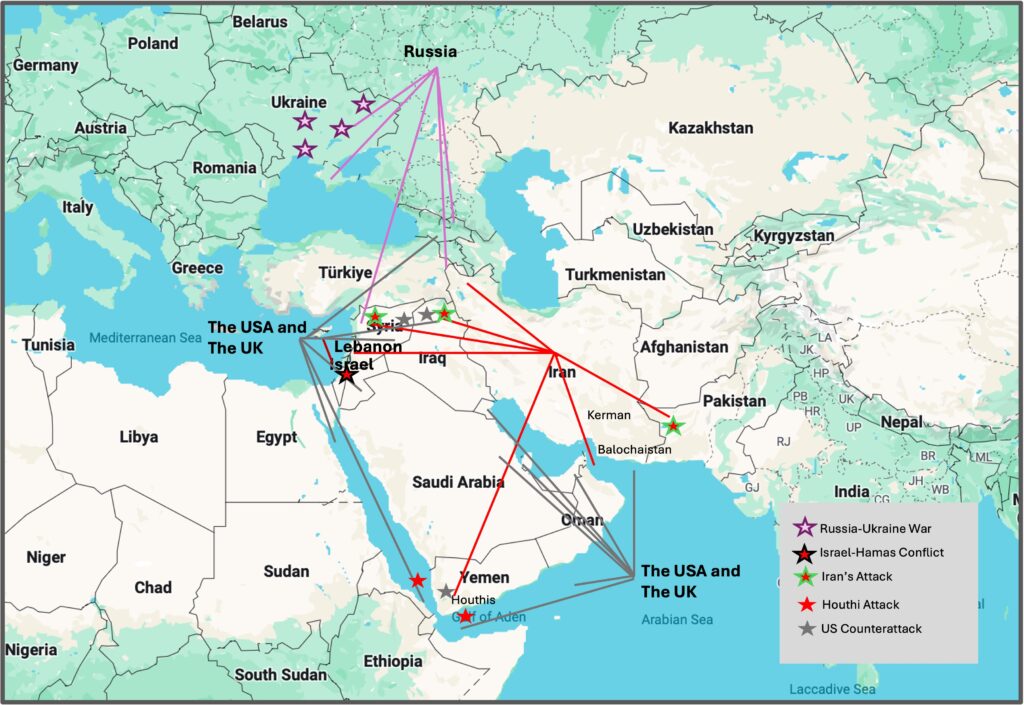
Look at the map well. Iran, from Pakistan to the Eastern Mediterranean, from Azerbaijan to the Red Sea, is like a big obstacle without directly contacting the USA and Israel but by putting forward its proxies. Think about Iran owning nuclear weapons!
Iraq is effectively divided into three. Isn’t Iran one of the most influential countries in this? If the Iraqi administration cannot take a step without Iran deciding today, this means that Iran is as influential as others in this country. Is the situation different in Syria, Lebanon, or Yemen?
Pakistan has withdrawn its ambassador from Tehran and is flying warplanes along the Iran border. Why is this important? What kind of country is Pakistan? Pakistan has nuclear weapons and is a Muslim country; it’s located near both the Indian Ocean and the Gulf Countries; it condemned the U.S. attack on Iran but is silent about Israel. Pakistan is located between Iran and China and is a neighboring country to Afghanistan. Both ISIS-Khorasan and the Taliban are in this region… What were your thoughts when the U.S. was withdrawing from Afghanistan, and what concerns do you have today? Where will this lead? What if the anticipated events occur!..
You can’t make a sturdy cane from a crooked tree branch! Foreign policy prohibits emotional matters, interests are important for countries. I think some countries do not know what to make from which tree branch. They must be hoping for Iran!..
